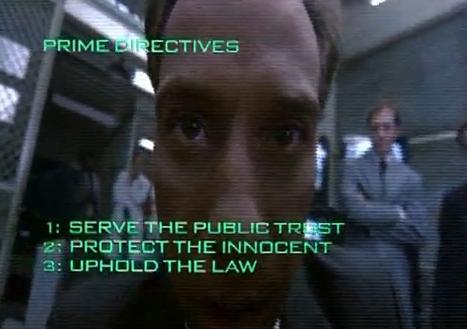In thinking about our data revolution, and pondering on my self declared job title (always the best kind of job title if you ask me), it occurred to me: how would professions changed if we put the word “data” in front of the title? Would it make them better, or worse? Would data actually improve the way that the professions work?
Of course, this has already happened for data science, and increasingly for data journalism – and reflects two different approaches. In the first case it is applying science to data. In the second it is applying data to journalism.
But if you assume that Data *insert profession here* is about applying data science approaches to <profession>, then what could it mean? Would it make the world better? Let’s try it and see…

A DataKind data dive: more on that later
Data Journalism – leading the way
Assuming we all have our opinions about data science, let’s look instead at Data Journalism. Go and examine The Guardian’s data section (led by the excellent @simonrogers). Here you will find stories developed from public data, data being used to test the truth of other stories, and the crowdsourcing of journalism.
Famously, when the UK Government tried to convince everyone that Blackberry (remember them?) Messenger and Twitter were the cause of the riots in the UK, The Guardian dug up the data that proved that messages followed incidents, not vice-versa.
It’s exciting, and it’s not clear where it will all end up. Simon would probably tell you the same. But it does change the way that journalists work and interact with sources.
So if it works for Data Journalism, where else might it work?
Data Politician
How many politicians have a science background? The answer is very few. In the UK there was my MP, Dr Lynne Jones, but she retired at the last election. Actually there are sites that will tell you that the number is 27 (although being me I looked further and found that was only based on a sample of 430).
It’s still not many.
Could a scientific approach to politics, using data, help? How would we feel if politicians actively set up experiments to validate their policies? Let’s be clear that current policy ‘trials’ tend to get the results that politicians want, and tend to be neither controlled or statistically significant. I’ve got to wonder if that is because politicians as a whole are unfamiliar with the words “control”, “statistical” or “significant”.
How would we react to experiments? Would we be willing to tolerate being in one? And how would we treat a politician who did an experiment and changed their position as a result? Would we just shout “U-turn” at them?
Ironically politicians are already using the results of experimentation in their marketing/election efforts. Obama has a large team of predictive modellers whose task is to identify and target likely voters, and I’m sure Romney has too.
If only they would apply this to their policies!
Data Judge
Another area where data could surely add value, is in the policing and criminal justice system. We can predict vulnerabilities, identify mitigating strategies, and even try and modify punishment using data and experimentation.
Does the death penalty reduce the murder rate? What programmes reduce reoffending? What are the causes of criminality, and can they be reduced?
Sadly we seem to be heading in exactly the opposite direction in the UK. In my opinion, given the importance of statistical understanding in modern forensic evidence, any Judge who can’t do basic level statistics should immediately recluse themselves from any case.
Data Philanthropist
Now to my mind this is the biggest, and one that already has traction in the US. Jake Porway (@jakeporway) has been leading the field with his wonderful DataKind (@datakind). The idea is golden: if we can do cool things with data for business/industry, why can’t we do cool things with data for charity/not-for-profits?
And it’s coming to the UK. On the 29th and 30th of September we hope there will be a DataKind data dive in London. A first chance for Uk not for profits to get free insight into their data. A first chance for data scientists to try their hands at data philanthropy.
If you know a charity that could benefit, get in touch. If you want to be involved get in touch too.









